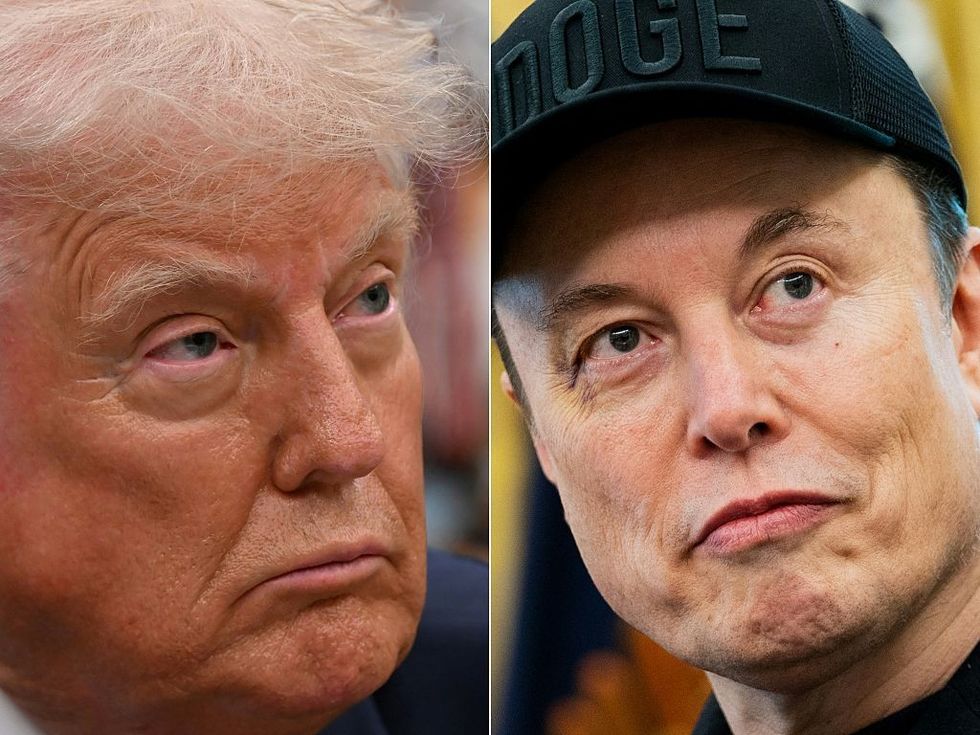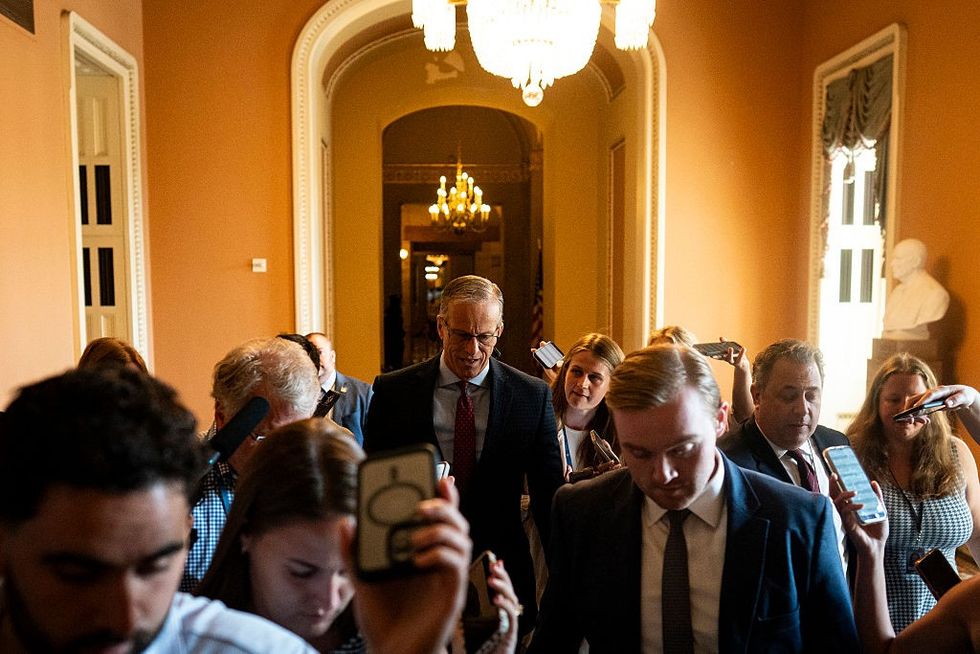In a bold move that has sparked global concern, President Donald Trump announced plans to impose 100 per cent tariffs on films made outside the United States. Citing the decline of the American movie industry, Trump argued the drastic measure is necessary to counteract what he called a “national security threat” posed by foreign governments offering lucrative incentives to lure film productions overseas.
Trump made the declaration on his Truth Social platform, claiming, “America’s movie industry is dying a very fast death” and accusing other countries of spreading “messaging and propaganda” through their support for international film production. “WE WANT MOVIES MADE IN AMERICA, AGAIN!” he posted, echoing his trademark campaign rhetoric.
The president has authorized the US Department of Commerce and the Office of the United States Trade Representative to begin the process of enforcing the proposed tariffs. However, the details remain vague. It is unclear whether the tariff would target only foreign-produced films by non-US studios or also include films made abroad by American production houses—a common industry practice seen in recent blockbusters like Deadpool & Wolverine, Wicked, and Gladiator II.
Another grey area lies in how the tariffs would affect streaming content. No clarification has been given on whether platforms like Netflix and Amazon Prime Video would be subjected to the same rules as theatrical releases, or how such tariffs would even be assessed.
US Commerce Secretary Howard Lutnick briefly responded with, “We’re on it,” but no further details were provided. Meanwhile, international reactions have begun pouring in.
Australia’s Home Affairs Minister Tony Burke voiced strong support for the Australian film sector, asserting, “Nobody should be under any doubt that we will be standing up unequivocally for the rights of the Australian screen industry.” Similarly, New Zealand Prime Minister Christopher Luxon noted his government is awaiting more specifics but promised to remain a “great advocate” for the country's thriving film sector.
Since returning to office in January, Trump has implemented a wide range of tariffs across industries and nations, claiming they will protect American jobs and boost domestic production. Critics, however, warn that these moves are contributing to global economic instability and driving up prices for consumers.
In a symbolic gesture to revitalize Hollywood, Trump had earlier appointed actors Jon Voight, Mel Gibson, and Sylvester Stallone as Special Envoys to promote the industry and attract new investments. Calling Hollywood a “great but very troubled place,” Trump said the trio would help bring the film business “BACK—BIGGER, BETTER, AND STRONGER THAN EVER BEFORE!”
Despite the challenges, the United States remains a leading hub for film production. According to research firm ProdPro, the US saw $14.54 billion in film production spending last year—a 26 per cent drop from 2022. Meanwhile, countries like Australia, New Zealand, Canada, and the UK reported growth in film investment, raising questions about the competitiveness of America’s film economy.
As the world watches for details on Trump's proposed movie tariffs, the entertainment industry is bracing for what could be a major shakeup in global film production and distribution.


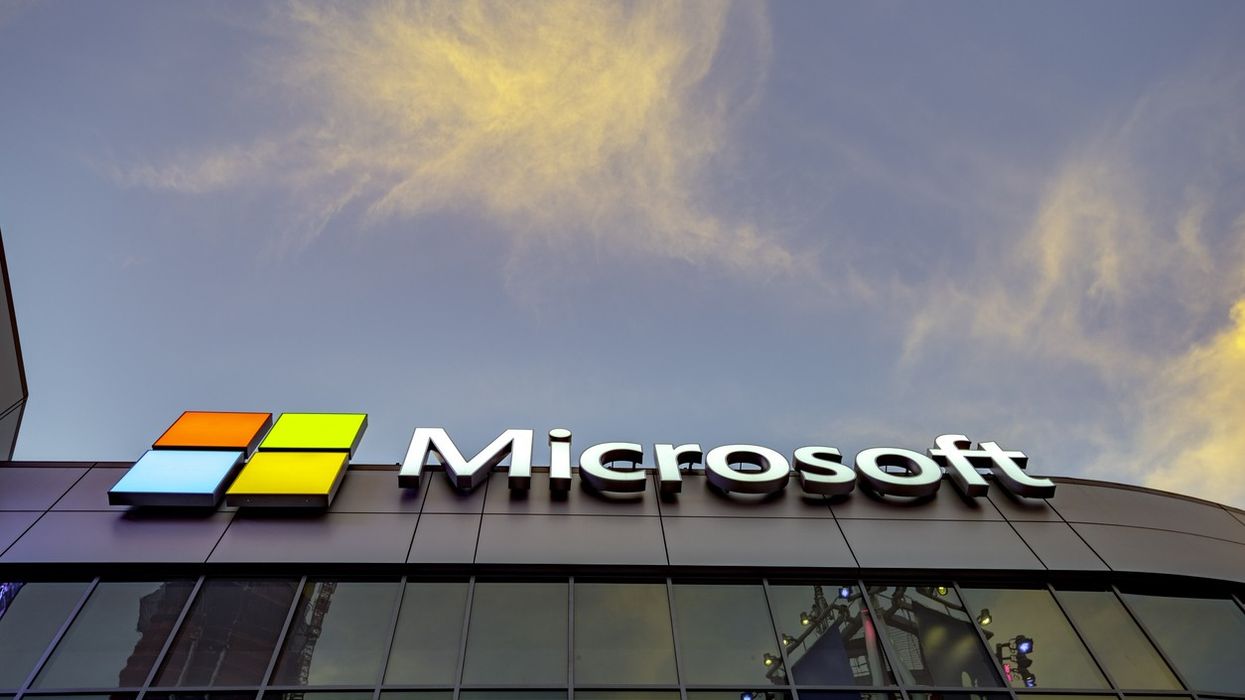

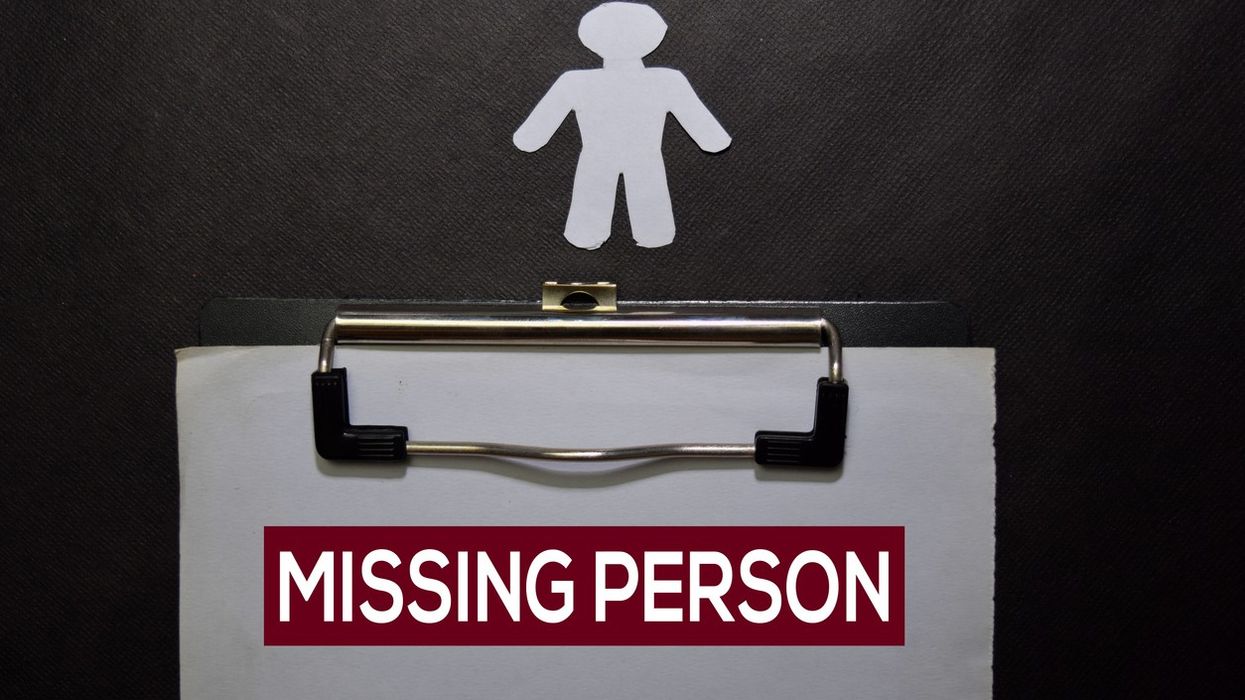

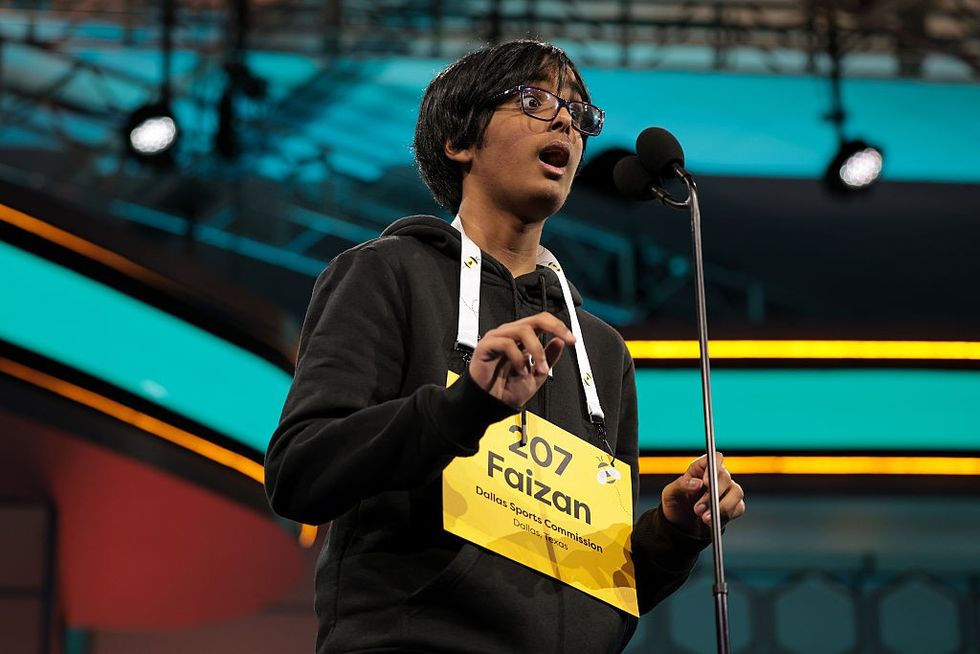
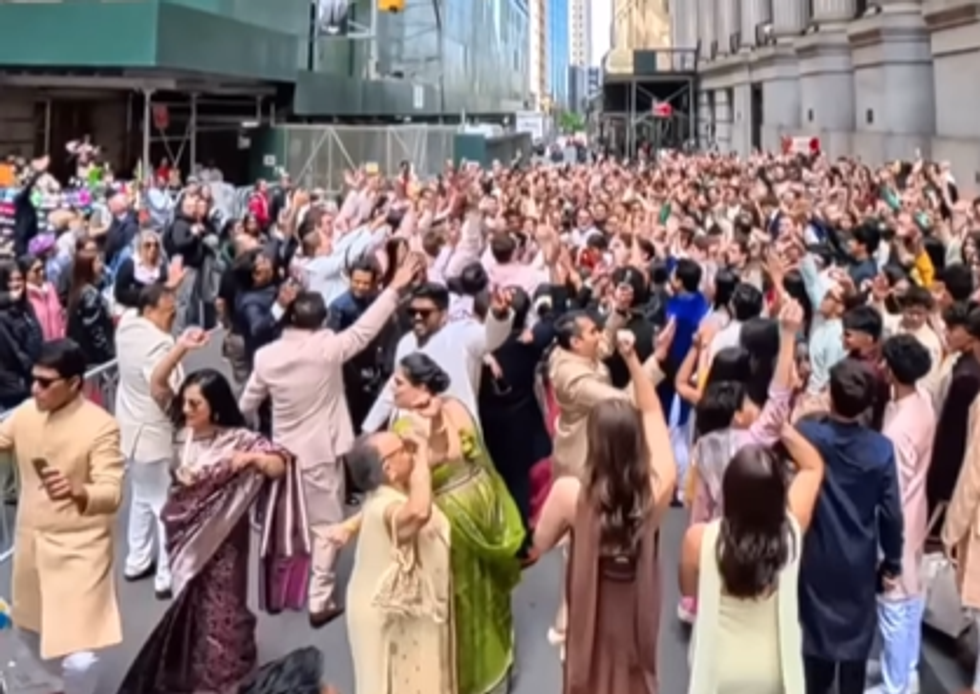
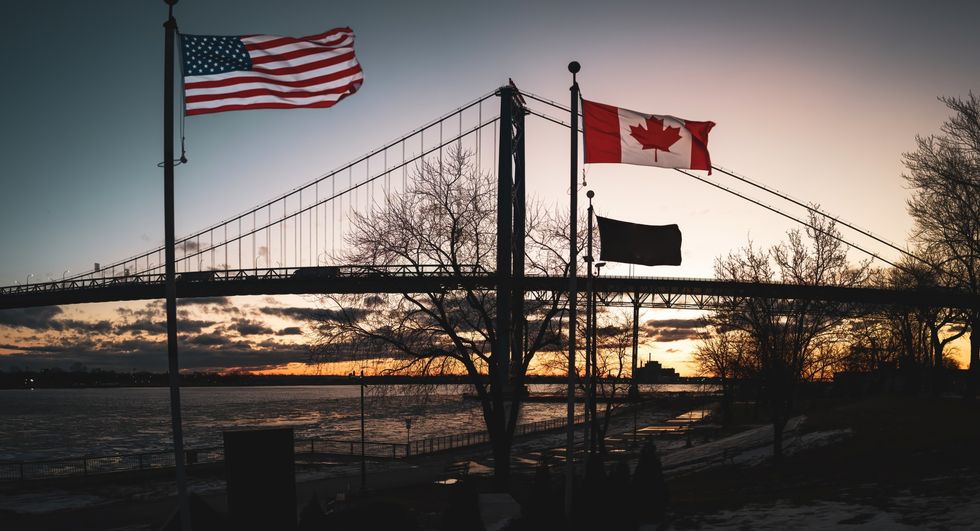
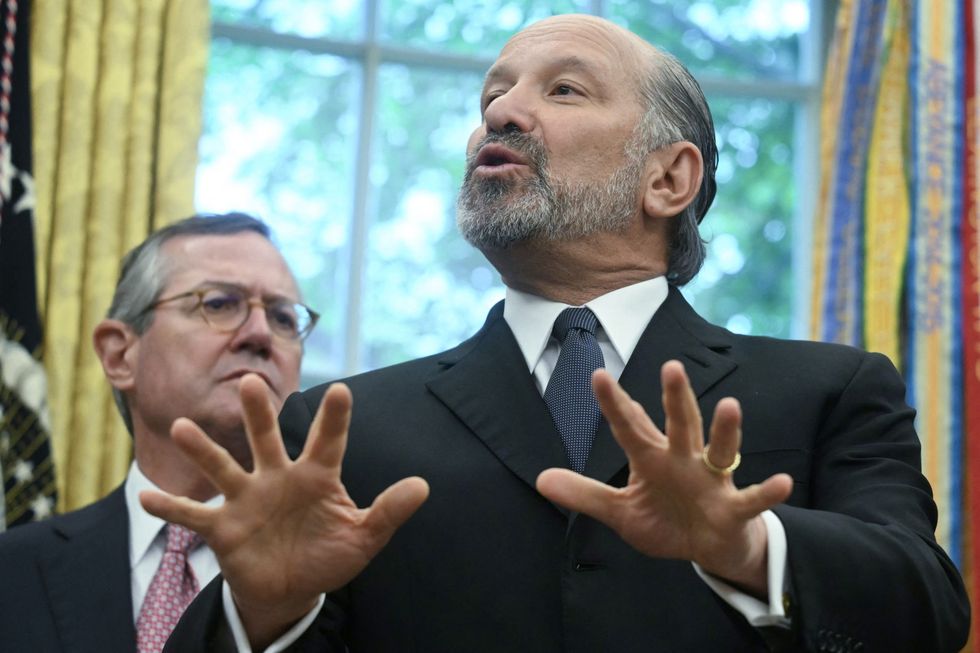

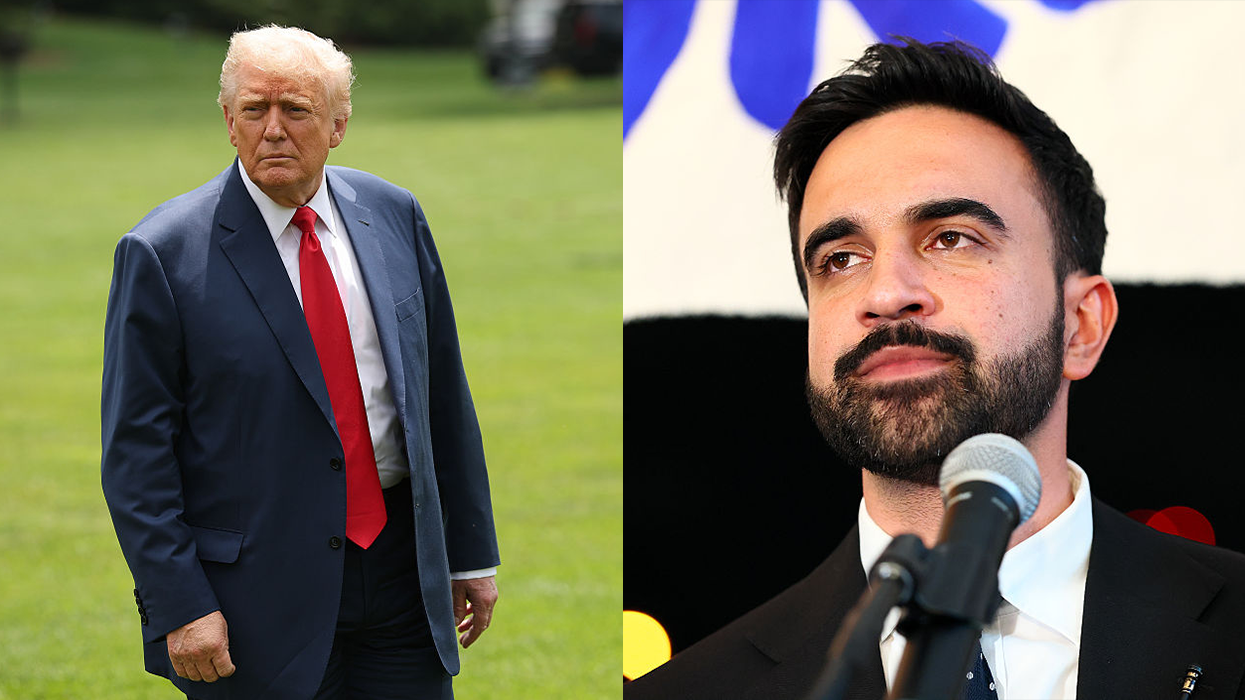

 NASA’s Astronaut Class 23 with Anil Menon shows patch features a fly-shaped design symbolizing the class nickname, “The Flies,” with twelve stars for each candidate. The UAE and US flags highlight international collaboration, while the astronaut figure reflects their commitment to NASA’s return to the Moon and future Mars missions. (Photo credit: @astro_anil)
NASA’s Astronaut Class 23 with Anil Menon shows patch features a fly-shaped design symbolizing the class nickname, “The Flies,” with twelve stars for each candidate. The UAE and US flags highlight international collaboration, while the astronaut figure reflects their commitment to NASA’s return to the Moon and future Mars missions. (Photo credit: @astro_anil)